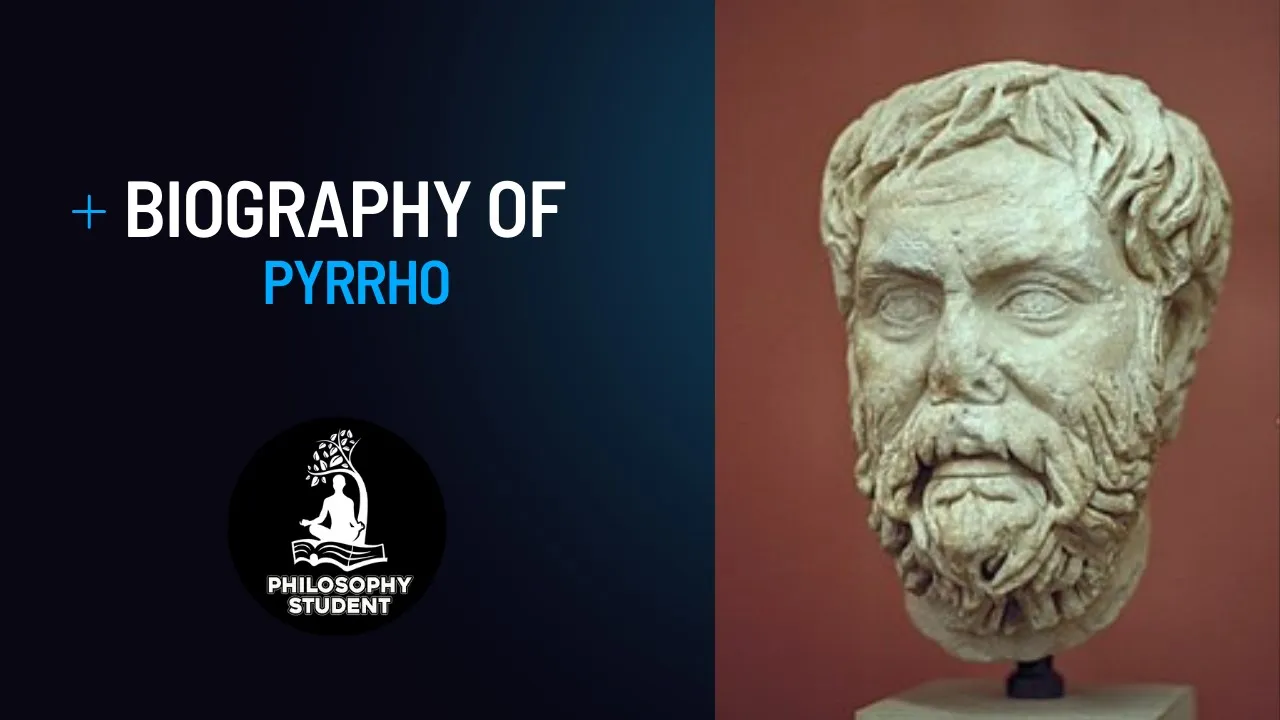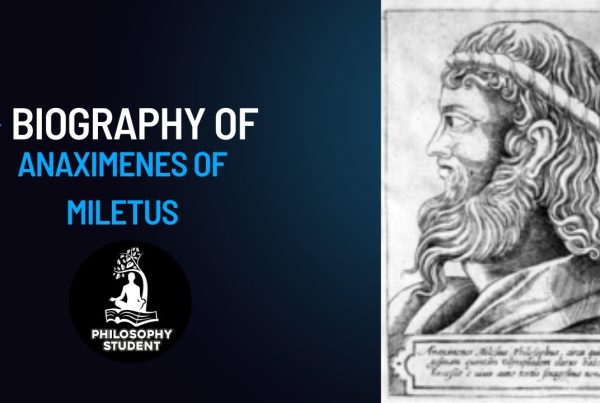Born about 360 BC in Elis, on the Peloponnese, Pyrrho was the founder of the Greek philosophical school of skepticism known to moderns as Pyrrhonism. This school holds that philosophy has yet to find truth regarding non-evident matters and concludes that it may be impossible to do so. This being the case, Pyrrhonism contends that arguments can nevertheless be made, speculatively, and their validity can be decided by suspending judgment (the suspension is called epoché). This enables a state of equanimity (ataraxia), which, in turn, empowers the philosopher to attain eudaimonia (happiness). Another term for
the key assumption of Pyrrhonism is fallibilism, the assertion that every object of human Knowledge involves uncertainty
Tradition holds that Pyrrho embraced his own philosophy enthusiastically, carrying his skepticism to such an extreme that his friends had constantly to attend him, lest he be run over by carriages, whose existence he doubted. This legend is likely spurious, since Pyrrho is also said to have lived in solitude—though he was apparently unaffected by fear, joy, grief, or bodily pain.
He was said to have been subtle in argument, and he was so highly respected that he was named to the office of chief priest and was exempted from taxation. Pyrrho left no writings, and all that is known of his philosophy comes via his disciple Timon of Phlius. Pyrrho is believed to have died about 270 BC.




































